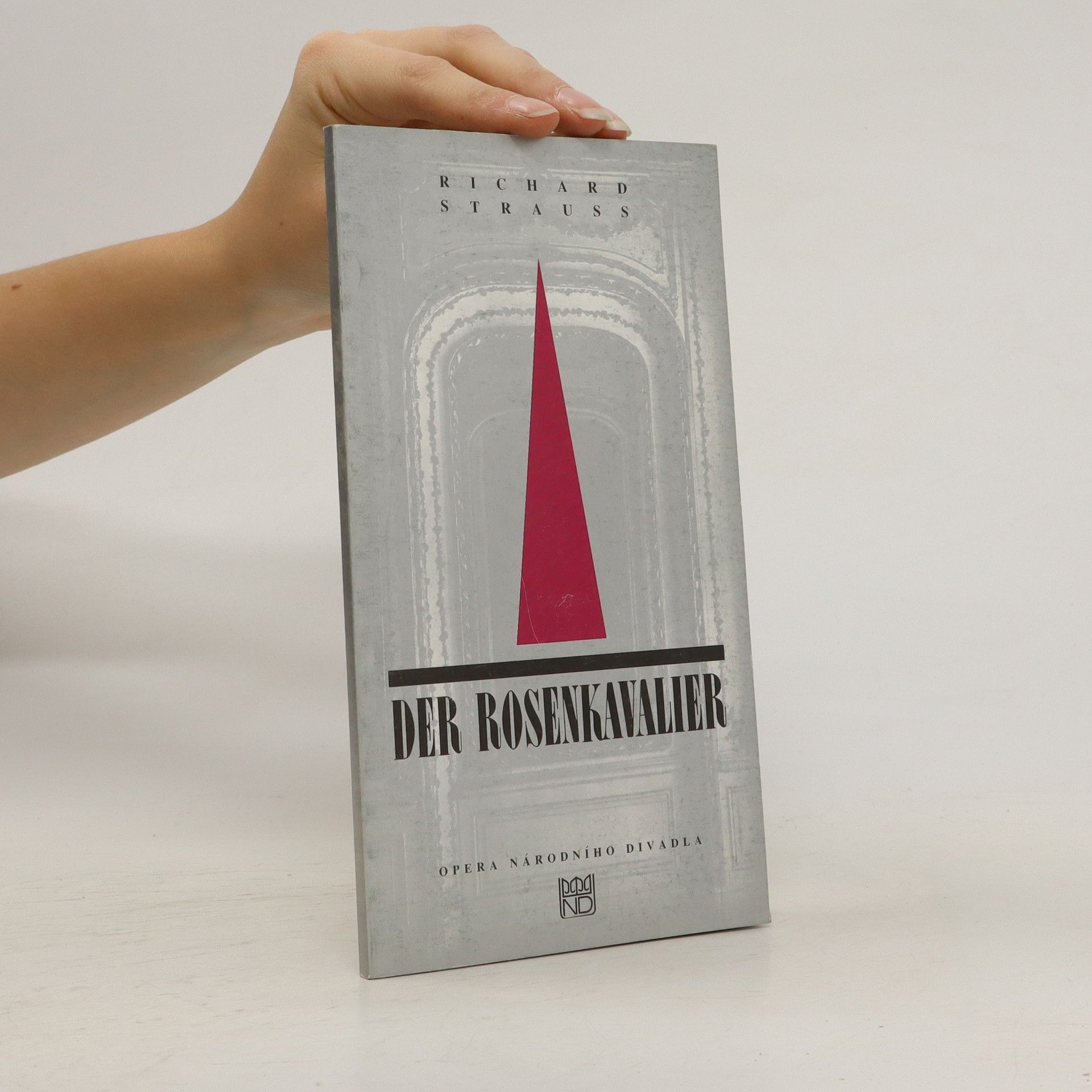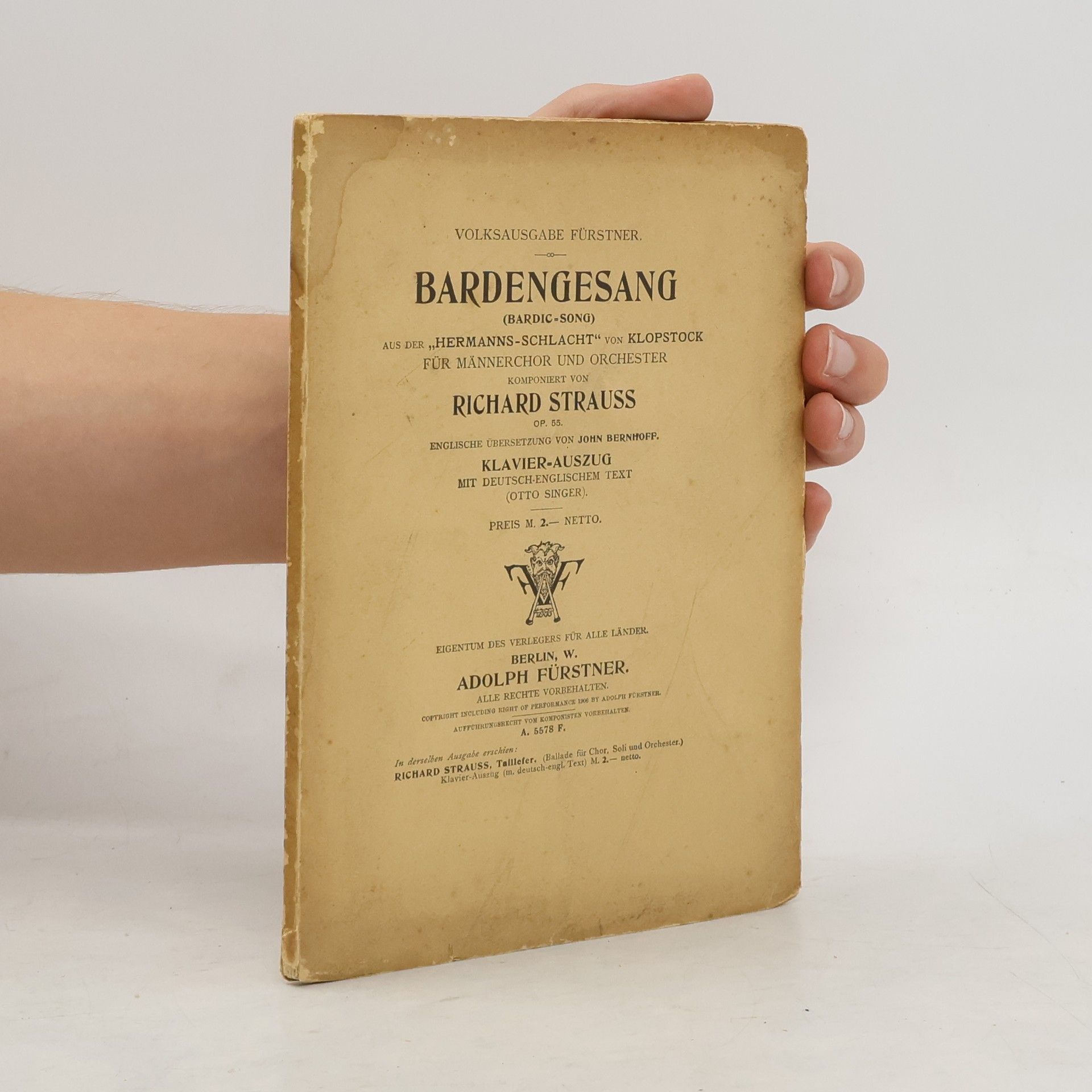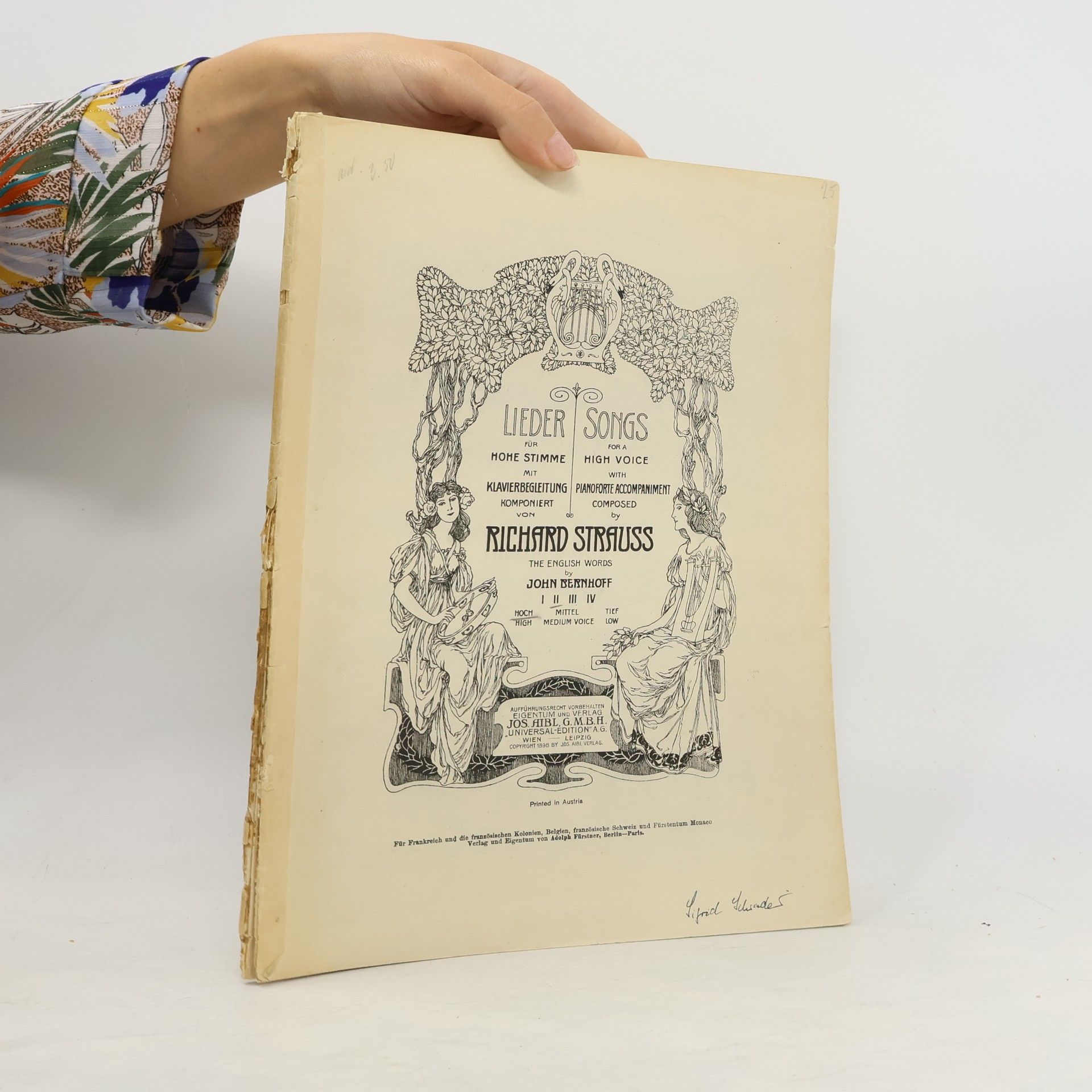Richard Strauss Knihy
11. červen 1864 – 8. září 1949
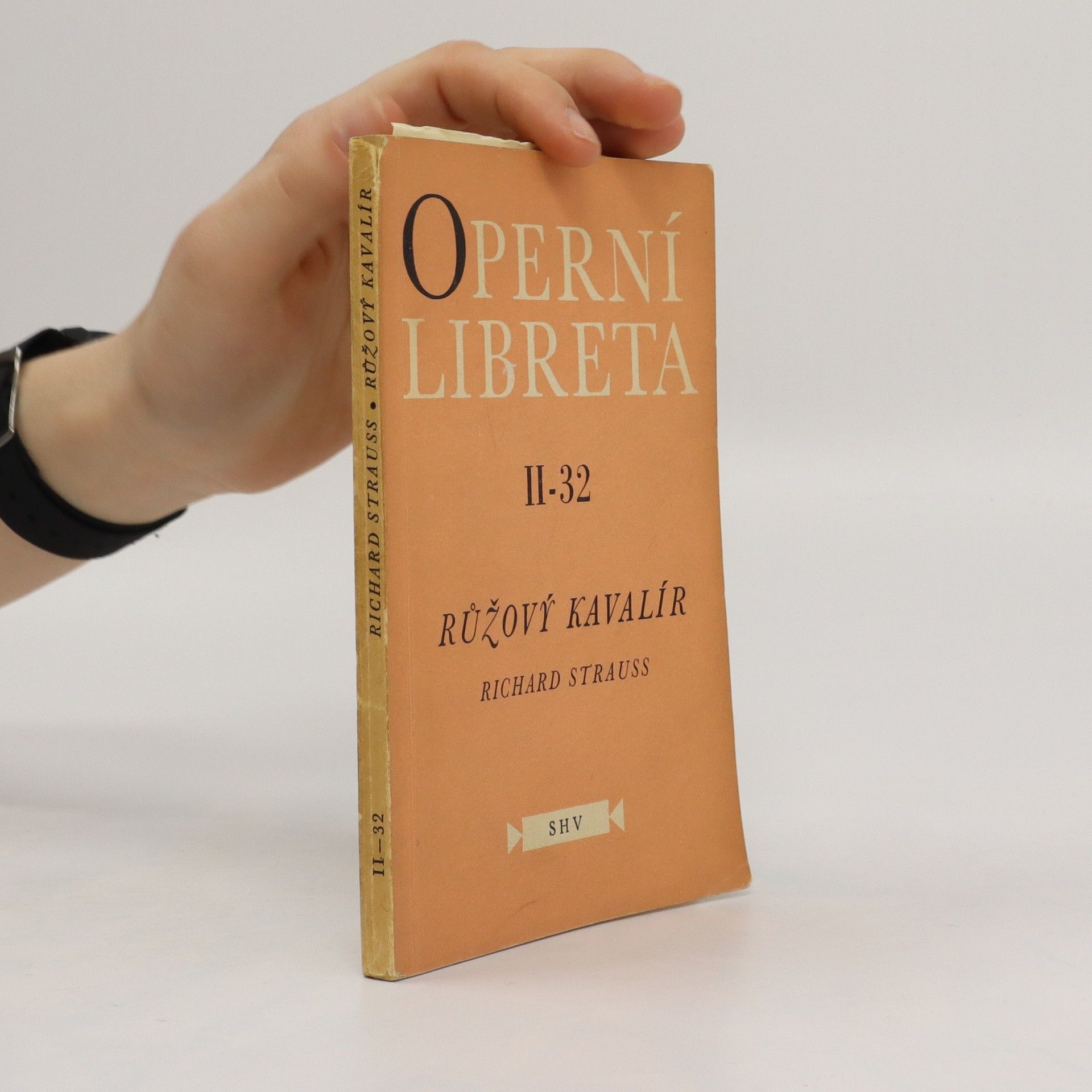
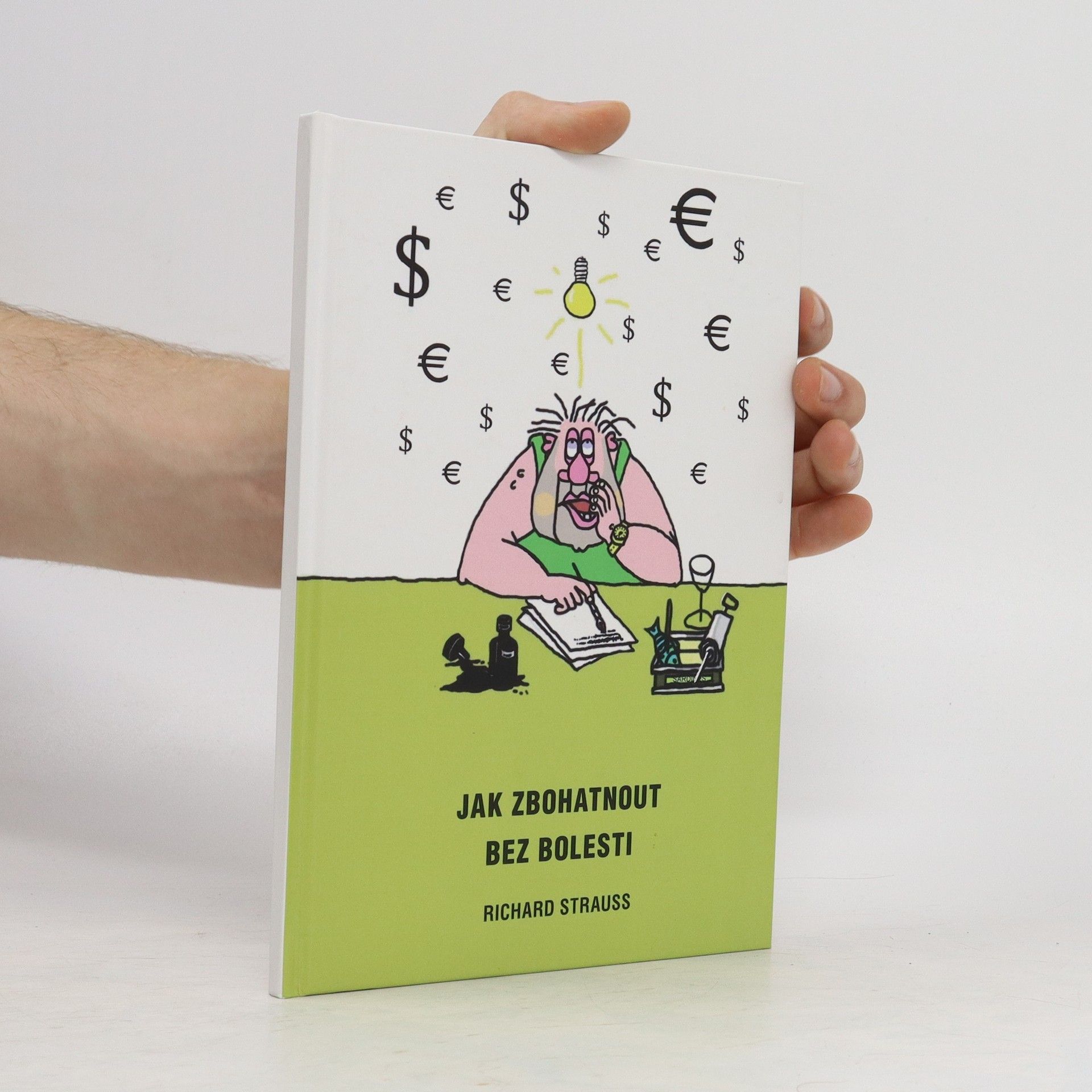

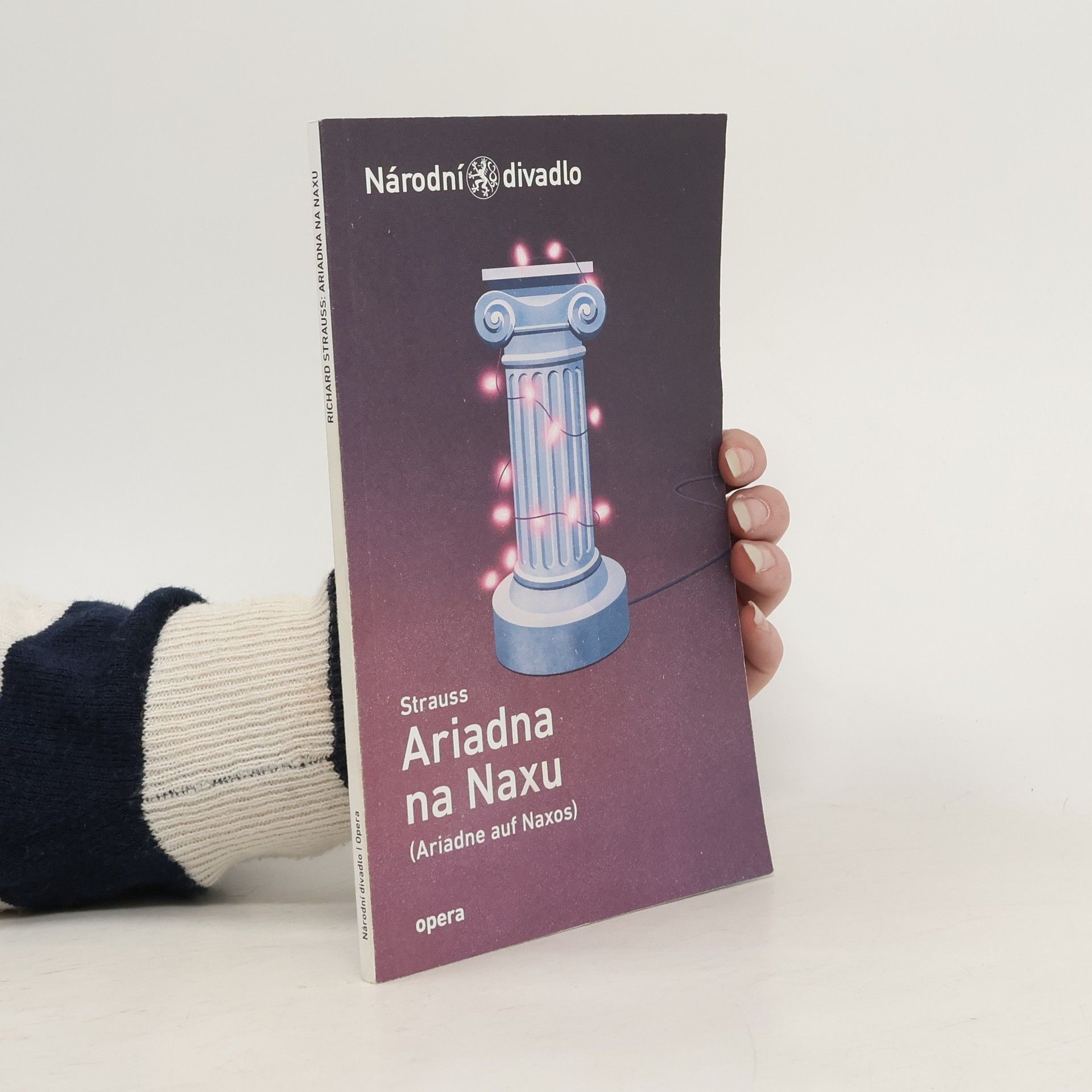
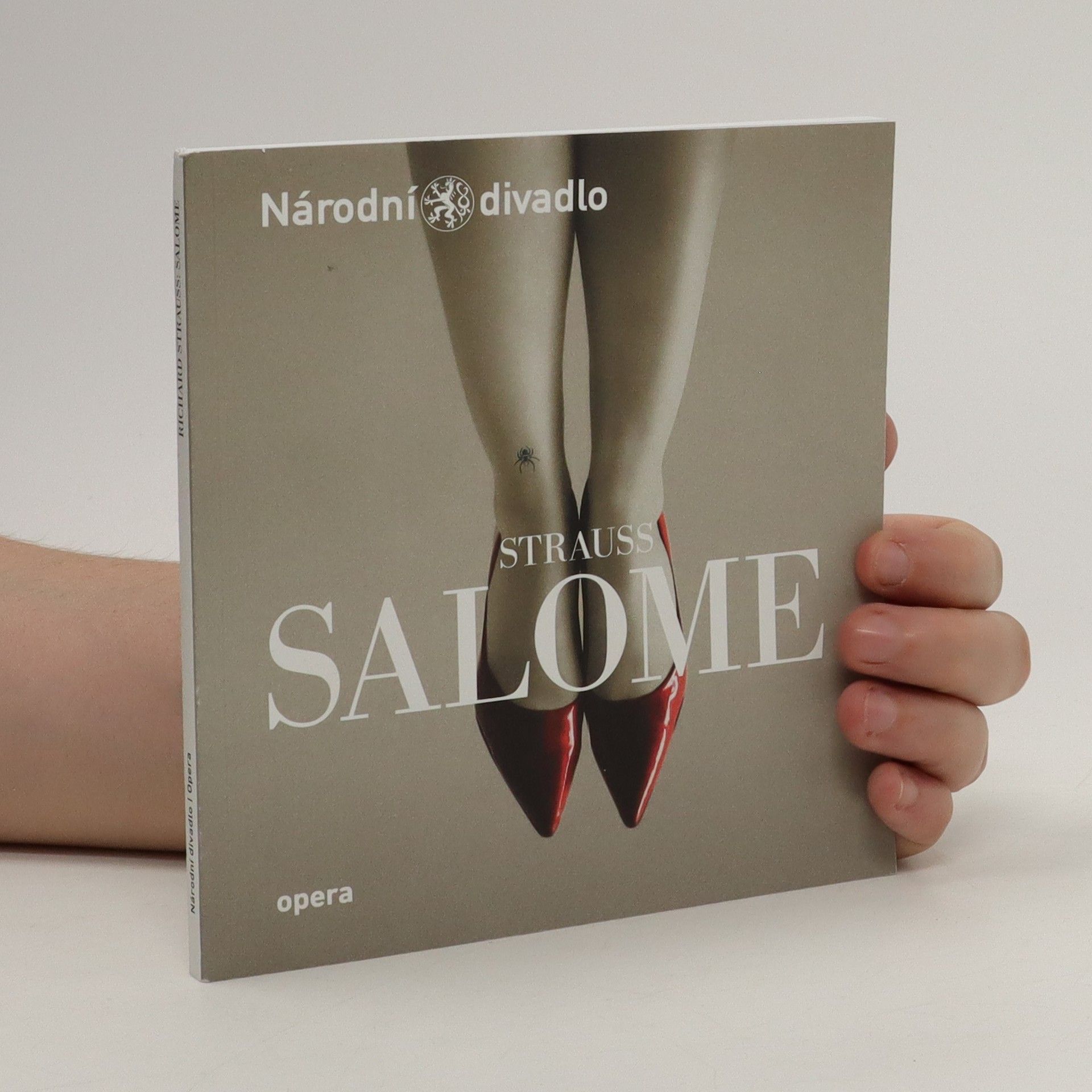
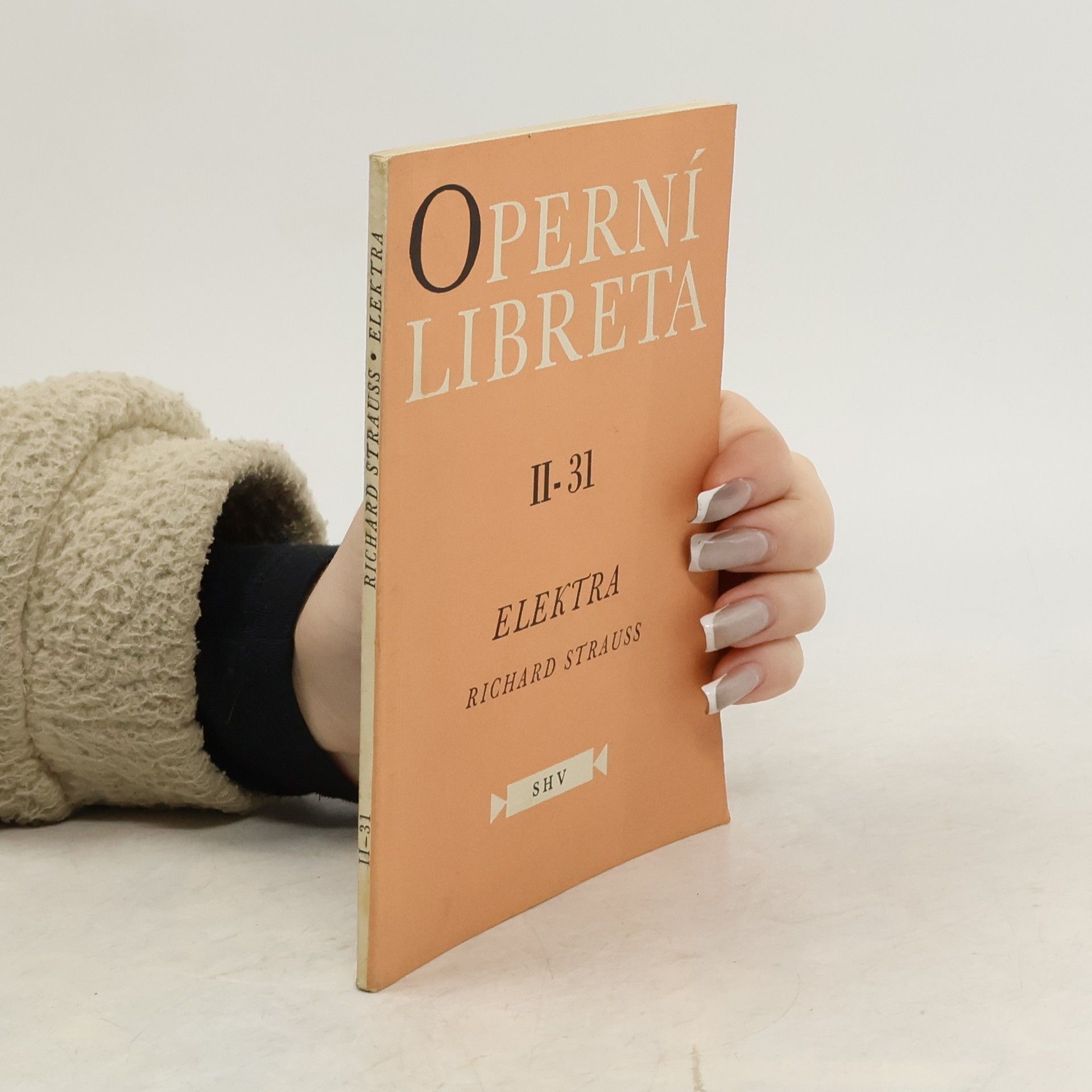
Příběh vychází ze známého novozákonného mýtu o princezně Salome a popravě Jana Křtitele. Je to drama o jednom dějství odehrávající se po celou dobu na veliké terase v paláci Herodově.
Růžový kavalír
- 109 stránek
- 4 hodiny čtení
Der Rosenkavalier
- 101 stránek
- 4 hodiny čtení
Volksausgabe fürstner. Bardengesang
Bardic-song

